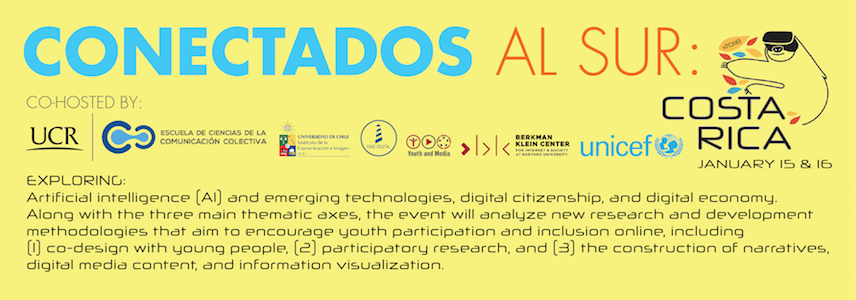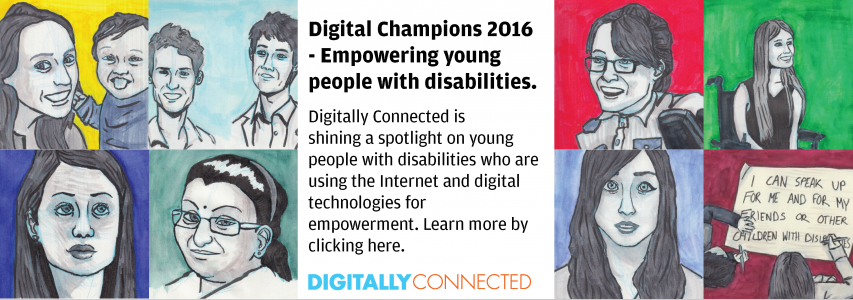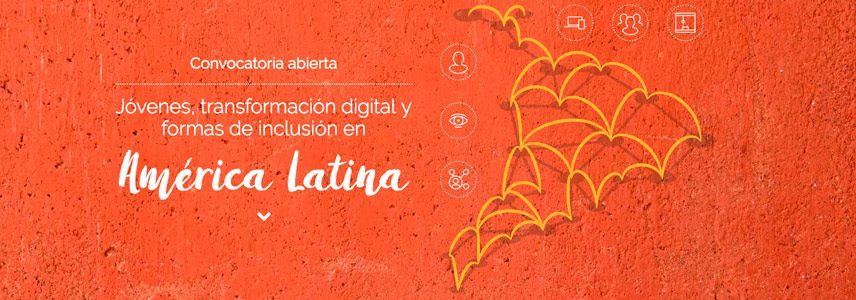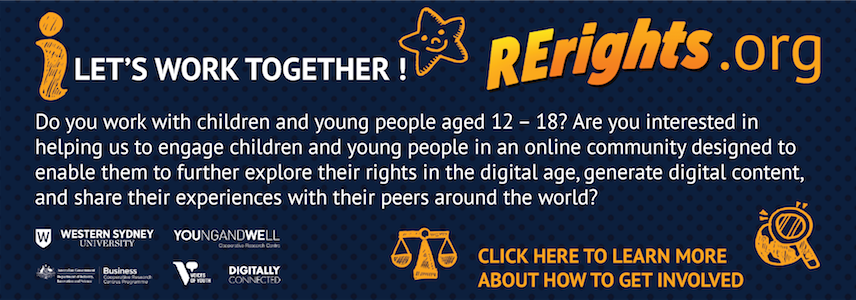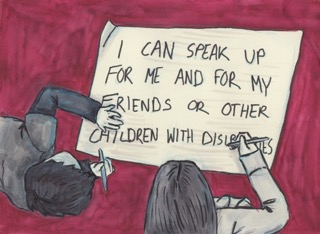 Website: wearelumos.org
Website: wearelumos.org
Organization: Lumos
Location: UK-based, with teams in Europe, US, and Haiti
To the Lumos Foundation, the Internet and digital technology provide essential connections between young people with disabilities and decision makers that can help end institutionalization across the globe.
Yet, instead of facilitating these connections by working solely with decision makers, Lumos believes that it is crucial to include the young people themselves into the process.
“True ‘deinstitutionalization’ for the world’s most marginalized and voiceless children – replacing institutions and orphanages with services which support families to stay together in the community – cannot be fully achieved without their meaningful participation in the process. This means giving them the support and opportunities to express their feelings, views, and aspirations and then listening to them, so they have a genuine influence on policies and services which affect their lives. They are the true experts about their lives and needs.”
To include the voices of young people with disabilities into the decision-making process, Lumos begins by bringing together into groups individuals who have been separated from their parents and families and placed in state institutions but were then returned to family-based care. These groups come together at a number of events and are gradually taking the opportunity to stay in contact through digital connections.
“All of our groups include children with disabilities, providing them with inclusive opportunities to discuss and raise issues which are important to them.”
After bringing the members together, Lumos then encourages them to share their stories and hopes for the future with the world through digital mediums. While the Foundation notes that any medium of expression is open to the young people to share their perspectives, digital videos are “extremely popular” and are the most common output produced by these youth groups.
Lumos began its outreach by forming youth groups in Eastern Europe—including Bulgaria, the Czech Republic, Moldova, and Serbia—due to what they saw as the “historically heavy reliance on the placement of vulnerable children, including those with disabilities, in large institutions” in these countries.
As a part of these initial efforts, youth groups formed by Lumos began sharing their stories through the use of the Internet and digital technologies. These outputs provided a platform for young people with disabilities to communicate a variety of perspectives, which range from insights into their lives to visions for a future without institutionalization, with a broad audience.
The work of the youth groups has helped young people with disabilities have more participation in the political process. In one instance, the work of a member of a Bulgarian Lumos youth group impressed government leaders in the country so much that the young person was invited to join the national government consultative committee.
As a result of their work, youth groups organized by Lumos have helped contribute to tangible policy changes within their home countries.
“The good news is that, with some exceptions, nations [in Eastern Europe] have launched major efforts to reform systems of care over the past decade.”
Through the use of the Internet and digital technology. Lumos-organized youth groups play an important role in magnifying the voices of young people with disabilities so that they can be involved in the decision-making process about their own futures. Lumos is now considering how to introduce “child participation” in Haiti, where it has been working since 2015 to help children return from orphanages to families.
“Using safe, multilingual and accessible platforms that can be accessed globally ensures that our self-advocates can express powerful messages to others around the world, showing what can be achieved and inspiring others to become advocates for change.”
Advice to decision makers:
- “The voices of children and young people with disabilities–particularly those in orphanages and institutions–have gone unheard for too long. Digital technology offers great opportunities to capture and amplify their voices, helping them to say the things they want to say in the ways they want to say them, and we should help them seize those opportunities.”



